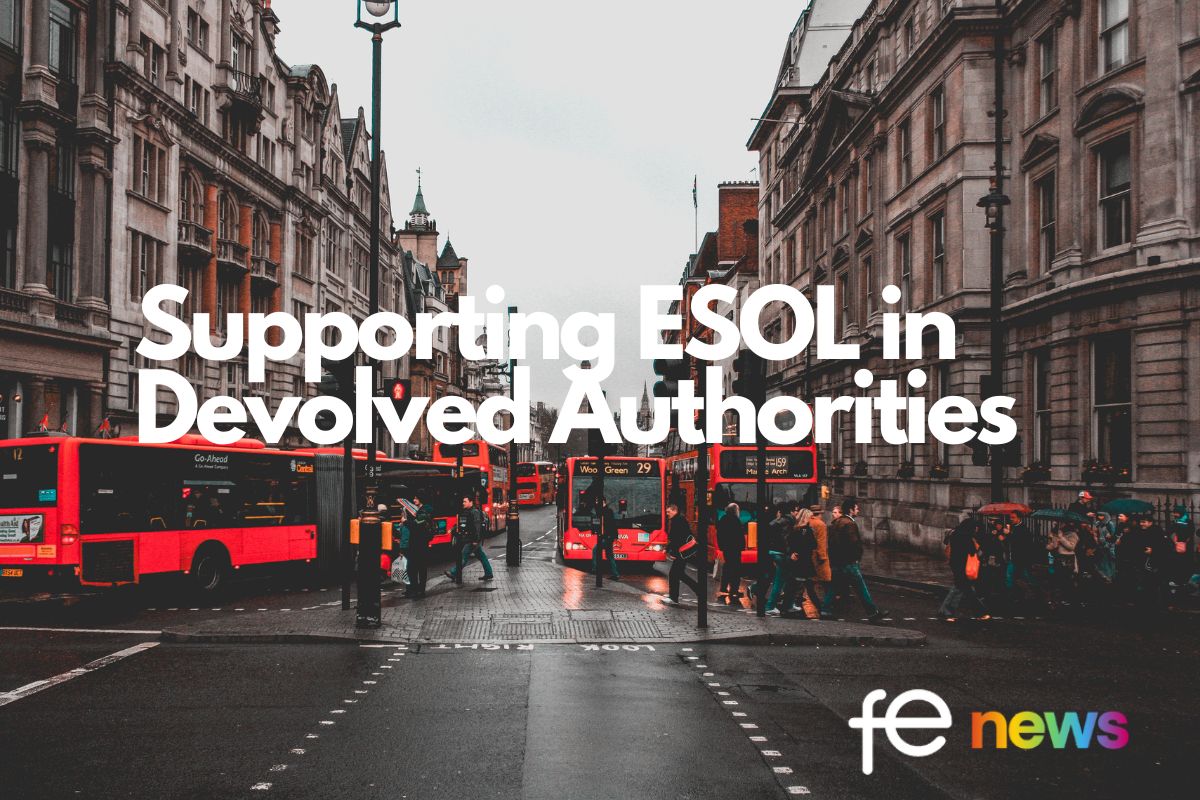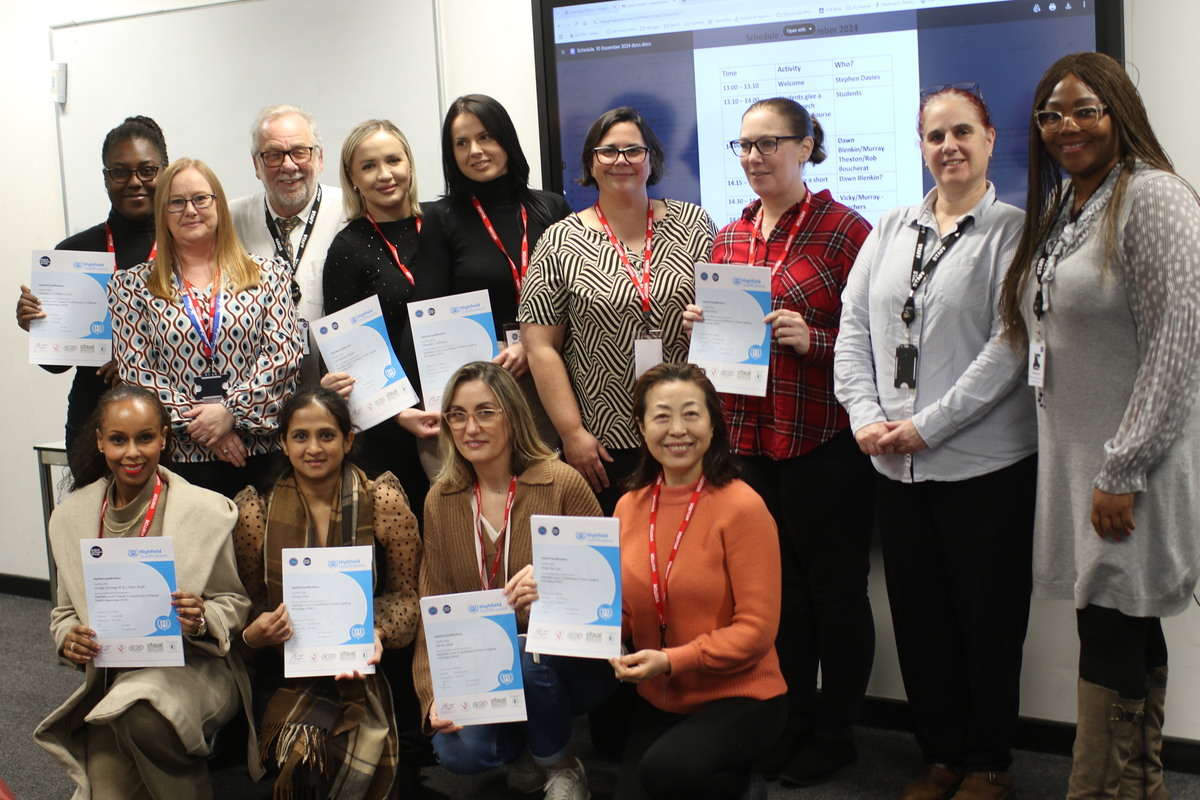New resources for embedding sustainability into the curriculum

Three new resources to help Further Education (FE) and Training providers embed sustainability into their curricula have been released by the Education and Training Foundation (ETF).
The Sustainability in the Curriculum resources have been published to help FE and Training providers and practitioners give learners more opportunities to study areas of sustainability and develop critical ‘green skills’.
The resources include a Subject Specialism Guide that offers practical tips and effective practice on how to embed sustainability into 32 different subjects. The guide covers a range of subjects, including those that are not traditionally associated with sustainability, such as Art and Design, English and ESOL, and Hair and Beauty.
Charlotte Bonner, National Head of Education for Sustainable Development (ESD) at the ETF, said:
“The ETF is really pleased to publish these resources which aim to help embed sustainability in the curriculum. The resources have been developed following feedback from providers on what they need to succeed, so we hope they can play an important role in this agenda.
“There needs to be a shift to integrate ESD practices into all sectors to meet our carbon targets and the UN’s Sustainable Development Goals (SDG). The FE and Training sector needs to be at the forefront of creating change – equipping learners with high quality, relevant and up-to-date sustainability education so they can contribute positively to sustainability in their lives and in their jobs.”
The ETF developed these resources after recognising that, whilst there is an increasing responsibility to address the climate crisis, colleges and trainers are responding to the crisis and teaching of ESD in vastly different ways and to differing degrees.
According to the ETF’s 2021 research into the FE and Training sector workforce’s experiences of ESD, over 70% of educators feel there should be more teaching about a range of subjects that relate to ESD in the post-16 UK education system. Educators also said they were struggling to develop a broad understanding of sustainability concepts that can be effectively incorporated into their subject specialism and provide adequate knowledge to their learners. This was fed back to the ETF’s ESD team and led to the creation of the Subject Specialism Guide.
As well as the Subject Specialism Guide, there is also the Teaching sustainability tool, which is a comprehensive list of all the qualifications that are sustainability-focused and available to study in the UK, and a Map the curriculum tool, which helps leaders and curriculum managers identify current practice and opportunities for further embedding ESD into their curriculum. All three resources can be accessed via the ETF website.
The resources will also help FE and Training providers to support the Department for Education’s latest strategy for Sustainability and Climate Change, published in April 2022.











Responses